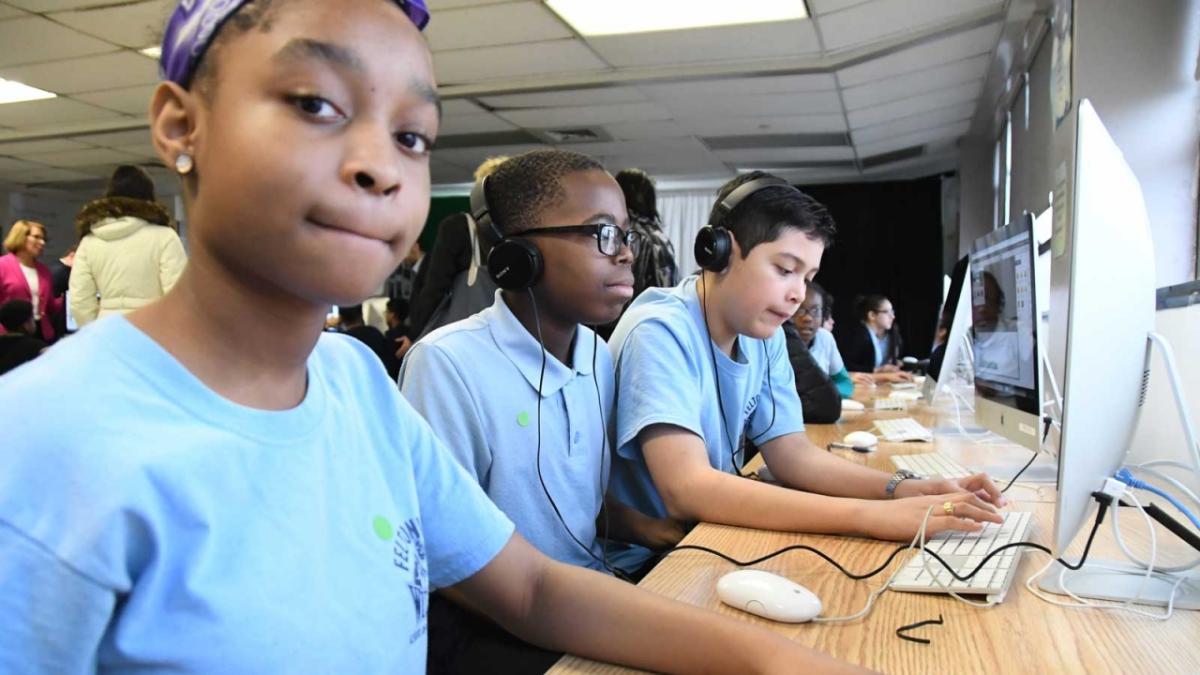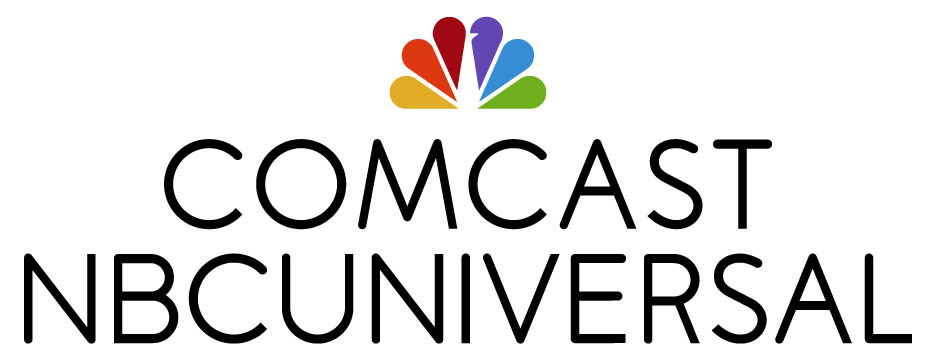Bridging the Opportunity Divide

As featured in the 2018 Comcast NBCUniversal Corporate Social Responsibility Re…
In today’s economy, technology can be a great equalizer. Access to the power of the internet — and to the tools to harness it — increases economic opportunity and opens up a world of possibilities.
Yet many people in the United States do not have that access and lack essential digital skills. More than 25% of households in the United States are without a home internet connection, putting them squarely on the wrong side of the digital divide — and on the wrong side of the homework divide. According to the Pew Research Center, 79% of teachers have their students access or download assignments from an online site, and 76% ask students to submit their assignments online.
In 2017, 70% of all U.S. jobs required at least basic digital skills, and this number is climbing higher every year. It’s clear: to compete in the 21st-century economy, everyone must be proficient with technology.
As a global media, technology, and broadband leader, Comcast NBCUniversal understands the power of technology to improve lives. We are committed to closing what we see as the opportunity divide — the gap between people who have the knowledge, resources, and support to take part in the modern economy and those who are at risk of being left behind. One of our most critical priorities as a company is helping more people fully participate in the innovation economy.
“Technology should be owned by everyone, because innovation can happen anywhere when people are given the opportunity,” says Karima Zedan, Executive Director of Comcast’s Internet Essentials broadband access program for low-income families. “For Comcast NBCUniversal, building people’s digital skills and empowering communities with technology is the key to unleashing our collective talent and potential.”
We are investing our resources in programs focused on transforming communities by expanding access to technology, helping more people develop digital skills, and empowering entrepreneurs to use technology for good.
Advancing Digital Inclusion
Since 2011, Comcast has connected more than 4 million low-income Americans to the power of the internet at home through Internet Essentials, the nation’s largest and most comprehensive high-speed internet adoption program. There are many more families to reach, and we are inspired to connect them to everything the internet has to offer in areas such as education, jobs, health care, civic engagement, news, information, and entertainment.
Building Skills for the Digital Economy
We have provided $350 million in cash and in-kind support since 2011 to help fund a wide range of digital training programs, reaching nearly 5 million people through our national and local nonprofit community partners. With our support, partners have provided basic digital literacy training to individuals new to the internet, coding boot camps and STEM-related courses to young people, and website design and information technology training to job seekers. In addition to providing technical skills training, we proactively seek out programs that pair mentoring, leadership, and interpersonal skills with digital training.
Fostering Innovation and Entrepreneurship
We also support innovative nonprofit organizations that are using technology to solve urgent social problems and boost skills and knowledge among communities in need. A core part of our strategy is supporting underserved entrepreneurs, including communities of color, women, veterans, and individuals with disabilities. Many of these communities have traditionally lacked access to the resources, tools, technology, and networks essential for turning new ideas into reality.
“We’re members of our communities,” says Dalila Wilson-Scott, our Senior Vice President for Community Impact. “When we see issues like wage inequality, the racial wealth gap, and the shrinking middle class, we use our influence and resources to create solutions. It’s more than the right thing to do — it’s who we are as a company.”

